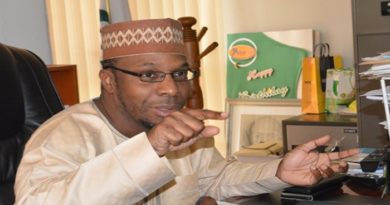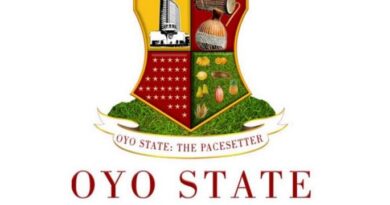Opposition calls for Zuma to resign as South African president on evidence of corruption
South Africa’s opposition has called for the president to resign after a long-delayed report into Jacob Zuma’s links to a well-known family of businessmen revealed “worrying” evidence of possible corruption.
The “State of Capture” report, compiled by former public protector Thuli Madonsela, recommends the government should establish a judge-led inquiry within 30 days to investigate the allegations.
Mr Zuma and the Gupta family, which is accused of using its links to the president to wield improper influence on the South African government, have denied the accusations.
But on the key allegation of whether the president allowed members of the Gupta family to be involved in the appointment of ministers, Ms Madonsela writes in her report about a series of “worrying” details regarding Des van Rooyen’s appointment as finance minister in December 2015.
“Minister Van Rooyen… can be placed at the Saxonwold area [where the Guptas have a mansion] on at least seven occasions, including on the day before he was announced as minister,” the investigation found.
One of two advisors brought in by Van Rooyen on his first day in office “had contact with someone at the Saxonwold area the day before”, Ms Madonsela says, describing this detail as “a source of great concern”.
Elsewhere, the report highlighted the “potentially unlawful” influence that may have been wielded by mineral resources minister Mosebenzi Zwane, in the awarding of a mining contract to the company Tegeta – which is co-owned by the Guptas and the president’s son, Duduzane Zuma.
The report recommends a judge, appointed by the Chief Justice, lead a commission of inquiry into these and other areas of concern and that it report its “findings and recommendations” to the president within 180 days.
“The Public Protector… brings to the notice of the National Prosecuting Authority and the DPCI those matters identified in this report where it appears crimes have been committed,” Ms Madonsela said.
Mr Zuma had tried to block the release of the report which, if it had contained a “smoking gun” of corruption evidence as the opposition had hoped, would surely have led to another impeachment vote against the embattled president.
As it is, the setting up of a new inquiry could delay any real action against Mr Zuma for another seven months at least.
Opposition Democratic Alliance (DA) leader Mmusi Maimane was named in Ms Madonsela’s report as one of the key figures in bringing the allegations of corruption forward.
He described the release of the report, which came after Mr Zuma withdrew his attempt to challenge it, as “another victory for the Constitution, the rule of law, and the fight against corruption”.
He said: “Following the findings in the State Capture Report, Jacob Zuma should do the honourable thing and resign.”
Ms Madonsela’s report was triggered in March, when the deputy finance minister Mcebisi Jonas alleged that the Guptas had offered him the finance minister role, in doing so making “a mockery of our hard-earned democracy”. The Guptas denied this, and accused him of trying to score political points.
The report says that if Mr Jonas’s claim is found to be true, and Mr Zuma’s denials proved to be false, “the people of South Africa would lose faith in open, democratic and accountable government”.
“There seems to be no evidence showing that Mr Jonas’ allegations that he was offered money and a ministerial post in exchange for favours were ever investigated by the Executive,” Ms Madonsela notes.
Culled from Independent




